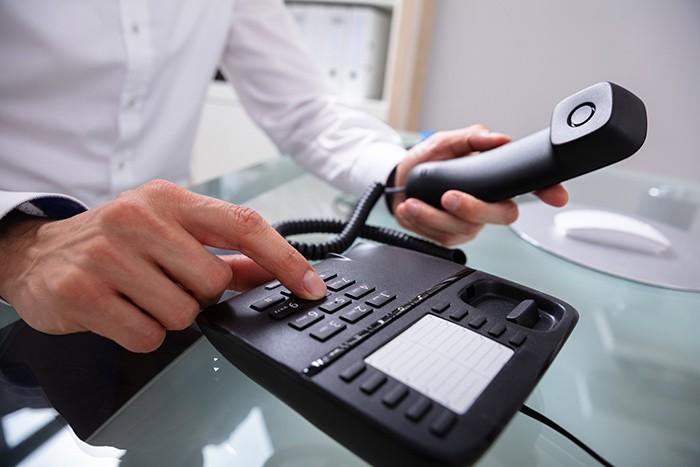More than ever, we rely on technology to keep us connected. From video chatting to Google Meets, you’ve likely used various platforms to celebrate birthdays and discuss business strategies.
But have you ever stopped to consider how expensive it can be to stay connected? This article will explore the costs of POTS phones and why it might be time to switch to a cloud communications solution.
Costs
In addition to voice and texting fees, you’ll likely have to pay for a data plan. Depending on the carrier and device, data plans can range in price from $25 per month to $100 or more. Choosing a data plan that aligns with your needs and usage can save you money. When weighing your communication options, consider the expenses associated with the cost of landline alternatives for a comprehensive understanding of available choices.
Inmate calls are expensive due to the “kickback system, ” which allows phone companies to offer prisons and jails high commissions. As a result, families of incarcerated loved ones are forced to choose between spending their hard-earned money on calling or buying food and other necessities.
Thankfully, programs like the Affordable Connectivity Program and Lifeline provide internet or phone service discounts for low-income individuals. To find out if you qualify, check the eligibility requirements of your federal assistance program.
Reliability
While landlines may seem outdated compared to sleek smartphones, they are still considered the gold standard in sound quality. They offer a reliable connection with no dropped calls and are easy to use for people of all ages. Plus, they can’t be hacked or lost, and they work during power outages.
Having a landline phone can also be beneficial in emergencies. For example, if you’re in an area with severe storms that knock out cell phone coverage, it can be difficult to reach 911. But a landline can be a lifesaver since emergency services can pinpoint your location using your telephone number.
Additionally, a landline is less likely to receive spam or telemarketing calls. This can significantly relieve many households annoyed by these daily interruptions. A third of people ignore their home phones when they ring, thinking it’s a telemarketer or sales call.
Convenience
Due to their lower electromagnetic wave emissions, landline phones are preferred by many people worried about the radiation from cell phones. Furthermore, modern landline phones have innovative features like readable voicemail, caller ID, texting, and location functions.
Reliability is another benefit of landline phones. Although cellular service has improved recently, it still needs spotty coverage and dropped calls. This is fine daily but can be frustrating and distracting during business calls or heart-to-heart conversations with friends.
Moreover, landline phones are more reliable during natural disasters and bad weather. This is important for businesses that rely on communication to conduct their operations. Another advantage of having a landline phone is that you can use it to call 911 in emergencies. The dispatcher will automatically send your address to emergency responders, a significant relief for people concerned about their safety in disaster situations. Moreover, a landline can save money by allowing you to avoid overspending on your mobile minutes.
Technology
Technology makes it possible to stay connected — and many people find it beneficial. For example, email and messaging apps make communicating with family members around the country or world easy. And platforms allow friends to stay in touch with each other regardless of where they live. Keeping #EveryoneConnected is the heart of what we do at Marketplace.



